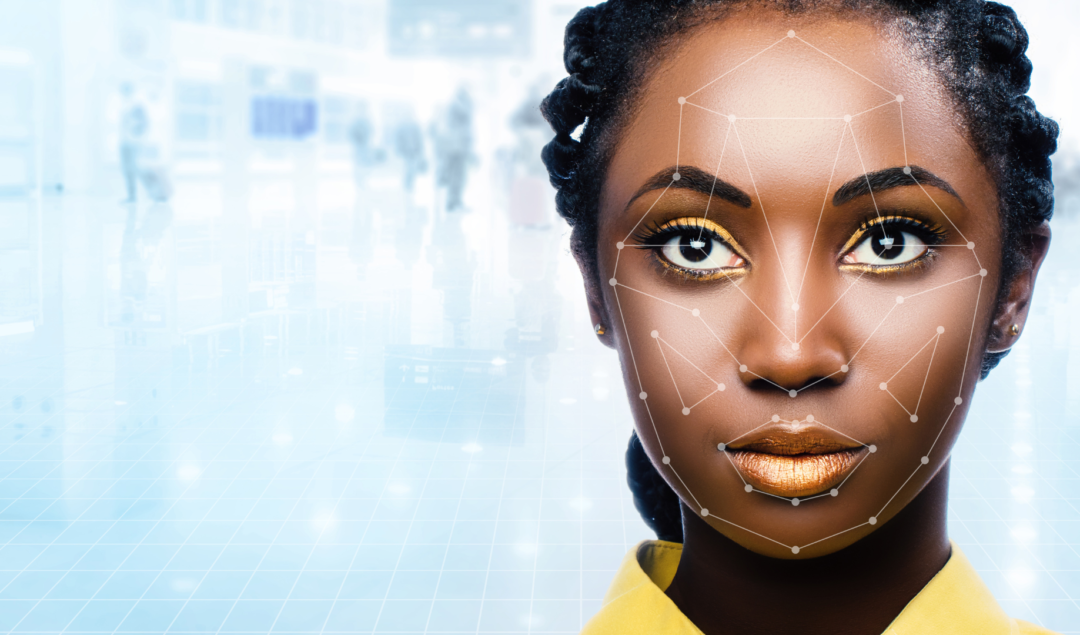Deepfake Detection Is Over 94% Accurate And Fairer When Demographic Diversity Is Taken Into Account

Researchers are improving detection algorithms to make them fairer and more accurate by incorporating greater demographic diversity, according to The Conversation.
Deepfakes, synthetic media in which a person’s likeness is replaced with someone else’s without consent, are rapidly advancing.
From realistic representations of celebrities in compromising situations to false statements by political leaders, technology poses a significant threat to trust and truth in digital media.
As these manipulations become harder to detect, the want to develop tools to disprove them grows.
Bias in Detection Algorithms
Typically, deepfake detection systems rely on algorithms trained with datasets of digital face manipulations.
However, these systems often inherit biases from their training data, leading to uneven accuracy across different demographic groups.
This can make specific groups more vulnerable to deepfake attacks, undermining the technology’s reliability and societal trust.
A New Approach to Fair and Accurate Detection
Researchers are now refining these detection algorithms to enhance their fairness and accuracy.
A University at Buffalo research team utilized the Xception algorithm, known for its performance in detecting deepfakes. They created two separate deepfake detection methods to encourage fairness.
One method involved labelling training datasets by gender and race, enabling the algorithm to minimize errors among underrepresented groups.
This approach raised the detection accuracy from 91.5% to 94.17% but also promoted fairness in algorithmic assessments, ensuring that no demographic is disproportionately affected.
“Our research addresses deepfake detection algorithms’ fairness, rather than just attempting to balance the data,” the researchers stated. “It offers a new approach to algorithm design that considers demographic fairness as a core aspect.”



